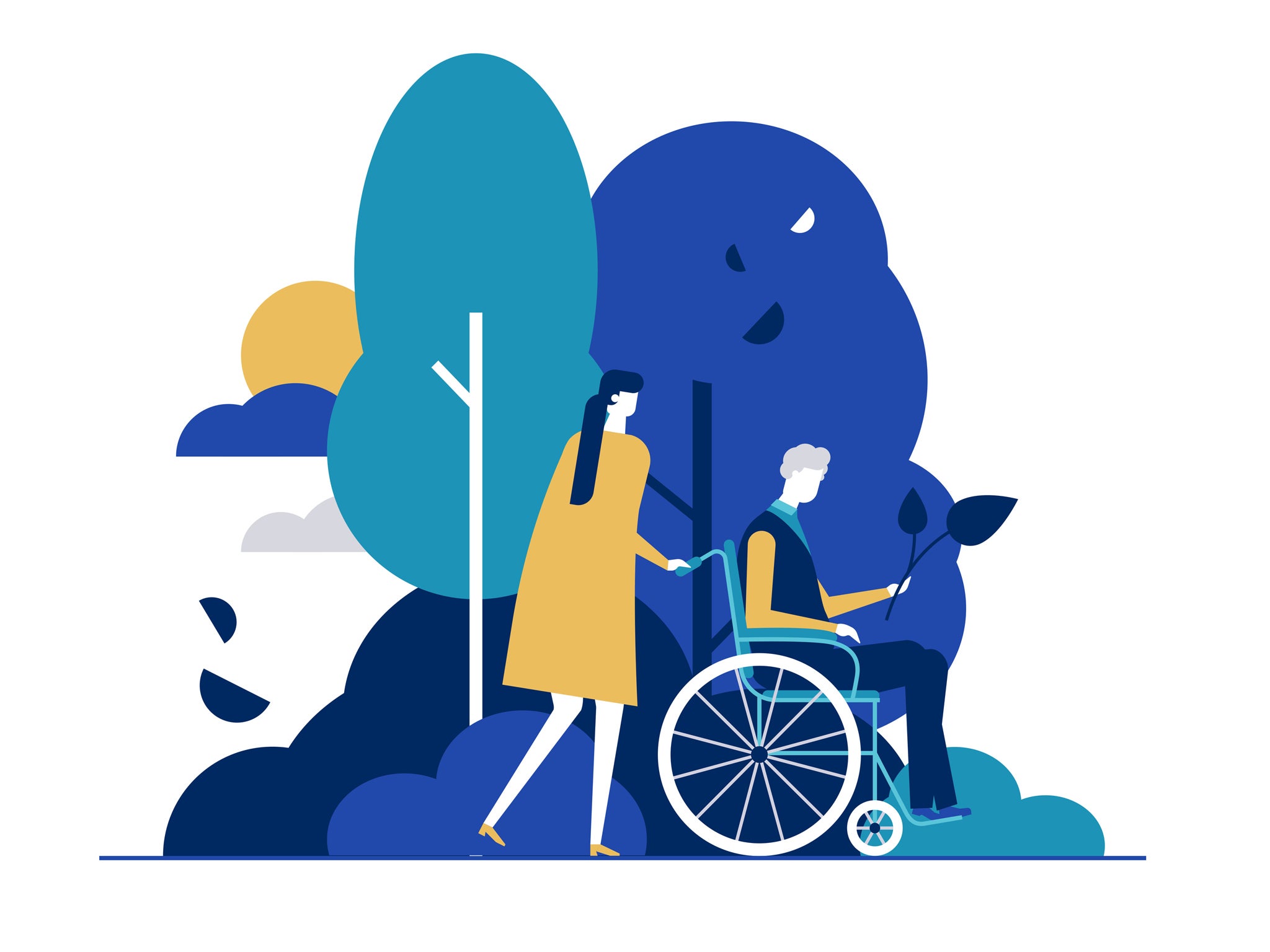An increase in disability hate crime shames us - how many have to suffer before this is properly addressed?
Britain was in lockdown for significant parts of 2020 and yet there was still an increase in both the overall number of incidents and especially in the number of violent incidents


There’s a distressing video in which a man with cerebral palsy confronts Tory MP Jacob Rees-Mogg over the dreadful situation he has been thrust into as a result of government policies. This man, a graduate, had lost his job and been forced to go through the agonising process of proving he had cerebral palsy, a life-long condition, to access support, among other things. I hate to say this, but you know the drill. His story is depressingly familiar.
As you might expect, all the minister-for-the-19th century could do was mouth platitudes about everything the government is supposedly doing when, in fact, the technical term for what it is actually doing is “sod all”.
More than a decade of Tory rule has seen disabled people’s support trashed, our human rights trampled upon, targets to cut the disability employment gap downgraded and reclassified as aspirations. You know the drill.
All this needs bearing in mind as we wade into the latest figures on disability hate crime culled from police data by a pair of charities; Leonard Cheshire Disability and United Response.
They submitted Freedom of Information requests to forces in England and Wales to which 39 responded. The results show that between April 2020 and April 2021, there were 9252 reported incidents, a rise of 0.7 per cent over the previous year. Of those, the number of violent incidents increased by 4 per cent to 4101.
Now, those increases might look small. But consider this: Britain was in lockdown during much of that period and yet there was somehow still an increase in both the overall number of incidents and especially in the number of violent incidents.
The overall increase can partly be explained by a sharp rise in the number of online hate crimes. They rose by 52 per cent to 981. But that doesn’t say anything about the rise in violent crime against disabled people. How on earth did this happen?
Needless repeat offenders represent a big part of the problem. Once an ableist thug always an ableist thug, or so it seems.
What is really disturbing about these figures, however, is that they probably represent just the tip of a very large iceberg, especially when it comes to online.
Disabled victims of hate crimes often aren’t aware of the fact that the abuse they have meted out to them is actually criminal. I can speak from personal experience here because I have been told more once that I am among them.
I was, on one occasion, abused on the London Underground by another passenger who aggressively impersonated my jerky movements and then snarled at me when I intimidated that I didn’t find anything about his “joke” funny. Needless to say, everyone else in he carriage concentrated very hard on their phones, their books and their newspapers, while this was going on.
“You should have reported it to the police,” I was told and, well, ha. I doubt they’d have taken a blind bit of notice. The charities’ research with focus groups suggests that’s frequently the experience of those who do try to report such incidents.
Among the recommendations of the report is for a specialist disability liaison officer to be appointed in every police force. The two charities also want the government to make disability hate crime easier to report. Those figures tell you that a lot more is required, but those ideas at least represent a start.
The figures are being released in advance of Hate Crime Awareness Week. I’m a little sceptical of such events. When it comes to something as foul as hate crime it shouldn’t be necessary to assign a special week to raising awareness. It should be an ongoing process because figures like these shame Britain. They represent a festering sore, one that’s been there for years.
After ten years of Tory rule it is horribly frightening to be disabled in Britain. Like the man who confronted Rees-Mogg, many are constantly left dangling on a thread, wondering how long your job will last for while looking fearfully at the wasteland which confronts you if/when the thread is cut, wondering how long support will be there for.
But it’s worse. You are also constantly under threat whenever you leave the front door, and now whenever you click online. Micro-aggressions are a near certainty, abuse is highly likely, unwanted touching - up to and including possible physical assault - is a clear and present danger.
The Conservative government is only now formulating a Hate Crime Strategy through the Home Office. It’s hard not to be cynical about what may emerge when you consider the bad joke otherwise known as the National Disability Strategy.
How many people have to suffer before this is properly addressed? How many more will have to listen to trite homilies from the likes of the lamentable Rees-Mogg when they seek to draw attention to their experiences? What will it take to change this?
Join our commenting forum
Join thought-provoking conversations, follow other Independent readers and see their replies
Comments
Bookmark popover
Removed from bookmarks